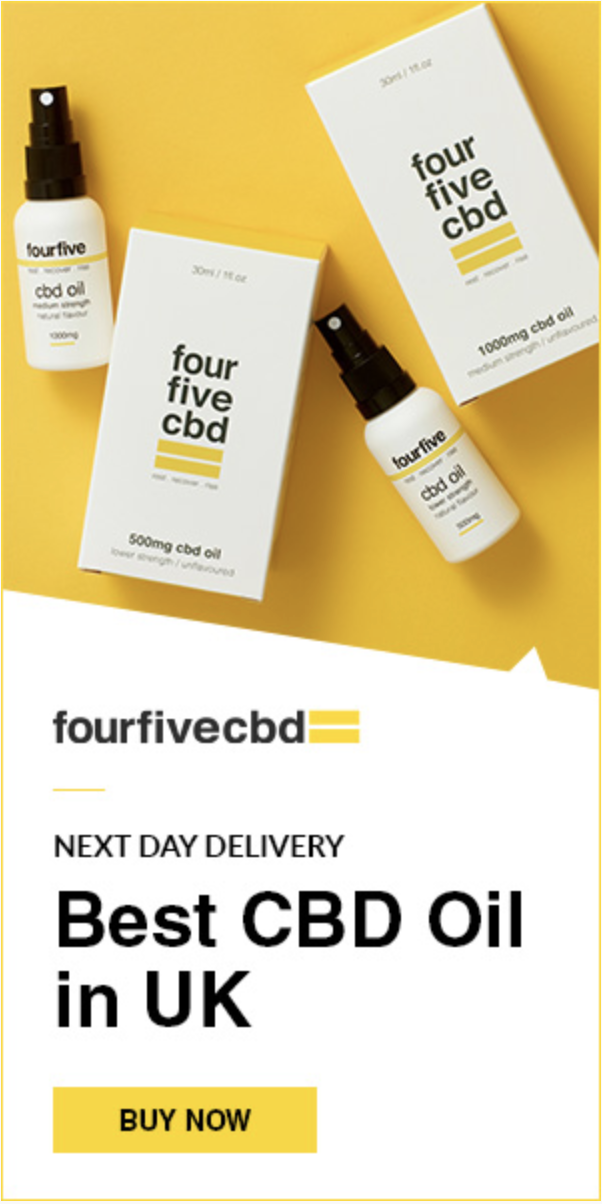
The do’s and don’ts when it comes to breastfeeding & diet
The do’s and don’ts when it comes to breastfeeding & diet
The food and drink that you consume when you’re breastfeeding can impact various things, from your milk supply to your energy levels. Because of this, it’s important that you fuel your body with the right nutrients for both you and baby.
Here, breastfeeding experts and maternal health brand, Lansinoh, answers some common questions around breastfeeding and diet, including which foods you should consume and those you should avoid.
Should you increase your calorie intake when breastfeeding?
You do not need to take in lots of extra calories while you are breastfeeding, nor do you need to eat anything special – just make sure that you have a healthy, balanced, nutritious diet while breastfeeding.
As a general rule, it is recommended to consume an addition of 300 – 400 calories a day to ensure you have enough energy to produce milk.
Do you need extra fluid when you’re breastfeeding?
If you notice your breastmilk production decreasing, as well as tiredness and dark coloured urine – this is a sign of dehydration.
Breastfeeding women can often feel thirsty and dehydrated due to the production of breastmilk, so make sure you drink enough fluids - water, milk and unsweetened fruit juice are good options.
Also, you should always ensure you have a drink to hand when you settle down to feed baby. Drink to satisfy your thirst, but don’t overdo it – there is no proven link between fluid intake and milk supply.
What foods are recommended to eat while breastfeeding?
Eating a balanced diet is important for the health of you and your baby, and eating healthy, nutritious foods now will help your baby be more open to them when they start on complimentary foods after 6 months.
Eating smaller meals more frequently is a good rule to follow, especially if you are experiencing heartburn.
Some recommended foods to eat when breastfeeding include:
• At least five portions of fruit and vegetables daily
• Protein foods, such as fish, poultry, eggs, soy and legumes
• Plenty of carbohydrates (bread, rice, pasta, potatoes, cereals)
• Milk and other dairy products for calcium
• Green leafy vegetables, meat and legumes for iron
What nutrients do you need while breastfeeding?
As a breastfeeding mum, there are a few nutrients that are key to ensure you’re incorporating into your diet. These include:
• DHA: Docosahexaenoic Acid (DHA) is the most abundant omega-3 fatty acid in the brain and eyes and supports healthy infant growth and development. Recent research even suggests that DHA may play a role in decreasing the development of childhood food allergies, such as eggs and peanuts1. In addition, a growing body of evidence suggests getting enough omega-3 fatty acids may reduce the incidence of asthma in children. Research also suggests there is a link between DHA levels and better sleep. Dietary sources of DHA include fatty fish (anchovies, salmon, tuna, mackerel, halibut) and eggs. The challenge is that The Department of Health recommend limiting fatty fish intake while breastfeeding due to concerns over mercury. The good news is that many post-natal vitamins include DHA.
• Vitamin D: By helping the body absorb calcium and phosphorus, Vitamin D supports healthy bone development in children. Research also suggests that Vitamin D plays a role in immune health. Sources include fortified milk, salmon, and 15 minutes exposure to sunlight. In addition, your post-natal vitamin should provide Vitamin D.
• Choline: Choline tends to be one of those nutrients we forget about, but it is so vitally important for breastfeeding women to consume. Our bodies make Choline, but not in sufficient amounts, therefore we have to rely on sources from our diets; but most of us, especially breastfeeding women, aren’t getting enough. Choline is important because it supports the neurocognitive development of infants. It is therefore important for breastfeeding women to consume foods that have a source of Choline in their daily diet. These include beef, eggs, chicken, fish, pork, nuts, legumes and cruciferous vegetables like broccoli, brussels sprouts, cabbage, or kale2.
What foods should you avoid while breastfeeding?
You don’t need to be too restrictive when it comes to your diet when breastfeeding, however there are a few things you should be mindful of. These include:
• Oily fish: You should have no more than two portions of oily fish (e.g. fresh tuna, sardines, mackerel, trout) a week. This is because these contain high levels of mercury, which can damage your baby’s developing nervous system.
• Caffeine: Too much caffeine while breastfeeding can keep your baby awake, or make them unusually fussy, so it is better to limit the number of drinks you have containing caffeine (not only tea and coffee, but also energy drinks). Some cold and flu remedies contain caffeine, and chocolate also contains a substance (theobromine) that is very similar and can produce the same effects.
• Alcohol: Alcohol passes to breastfed babies in very small amounts and it is unlikely that having an occasional drink will harm your baby. However, it is sensible to drink very little (no more than one or two units once or twice a week) when you are breastfeeding. If you intend to drink more than this on a special occasion, expressing breastmilk in advance is a good idea. Also, if you have been drinking alcohol, never share a bed or sofa with your baby.
For more breastfeeding advice, visit https://lansinoh.co.uk/advice-articles/













